In today’s fast-paced healthcare industry, privacy and confidentiality are paramount. Medical facilities need to ensure that patients’ personal information remains secure while creating an environment that promotes comfort and well-being. One solution that addresses these concerns is privacy glass. This blog will explore the importance of privacy in medical facilities, delve into the concept of privacy glass, discuss its benefits, highlight factors to consider when choosing privacy glass, and provide guidance on installation and maintenance. Furthermore, we will showcase real-world case studies and delve into cost considerations. By the end, you’ll have a comprehensive understanding of why choosing privacy glass is a crucial decision for medical facilities.
Importance of Privacy in Medical Facilities
Privacy plays a vital role in medical facilities for several reasons. Firstly, it ensures patient confidentiality, which is essential for building trust between healthcare providers and patients. Secondly, privacy safeguards sensitive medical information, protecting patients from potential identity theft or data breaches. Let’s explore these aspects in more detail:
Ensuring Patient Confidentiality
In medical facilities, patients expect their personal information to be treated with the utmost care and confidentiality. Privacy glass acts as a physical barrier, preventing unauthorised individuals from visually accessing sensitive areas. It allows patients to discuss their health concerns openly without fear of being overheard, thus fostering trust and encouraging open communication between patients and healthcare professionals.
Protecting Sensitive Medical Information
Medical records contain highly sensitive information, including diagnoses, treatment plans, and test results. Privacy glass provides an additional layer of protection, ensuring that this information remains confidential. By obstructing direct views into consultation rooms or treatment areas, privacy glass mitigates the risk of unauthorised personnel or curious bystanders glimpsing private medical information, safeguarding patient privacy.
Understanding Privacy Glass
Now that we recognise the significance of privacy in medical facilities, let’s explore privacy glass in greater detail. Privacy glass, also known as switchable glass or smart glass, is an innovative glazing technology that allows the glass to switch between transparent and opaque states. This transformation occurs through the application of an electric current, liquid crystal technology, or suspended particle devices. Privacy glass offers the flexibility to adjust visibility levels as required, maintaining privacy while still permitting natural light transmission. It finds numerous applications in medical facilities, such as examination rooms, waiting areas, and operating theatres.
Types of Privacy Glass
Privacy glass comes in various forms, each with its unique characteristics and applications. The most common types include:
Switchable Glass: This type of privacy glass can transition between transparent and opaque states at the flip of a switch. It offers instant privacy whenever required, ensuring patient comfort and confidentiality.
Electrochromic Glass: Electrochromic glass uses an electrochemical process to change its opacity. By applying a small electrical charge, the glass darkens or lightens, providing privacy and glare reduction as needed.
Privacy Film: Privacy film is an affordable alternative to switchable or electrochromic glass. It consists of a self-adhesive film that can be applied to existing glass surfaces. Privacy film is available in various opacities and designs, offering a customizable solution for different medical facility requirements.
Benefits of Privacy Glass in Medical Facilities
The integration of privacy glass in medical facilities brings numerous advantages, benefiting both patients and healthcare providers. Let’s explore some of these benefits:
Maintaining Patient Dignity and Comfort
In a medical setting, patients often find themselves in vulnerable situations. Privacy glass helps maintain patient dignity by ensuring confidentiality during consultations, examinations, and procedures. Patients feel more at ease when they know their privacy is being respected, leading to increased satisfaction and trust in the healthcare provider.
Enhancing Staff Efficiency and Workflow
Privacy glass not only benefits patients but also improves staff efficiency. By providing visual barriers, privacy glass reduces distractions and interruptions for healthcare professionals. Doctors and nurses can focus on their tasks without unnecessary disturbances, resulting in improved workflow and enhanced productivity.
Creating a Calming and Healing Environment
Medical facilities can be intimidating for patients, causing anxiety and stress. Privacy glass contributes to the creation of a calming and healing environment. By allowing natural light to filter through while maintaining privacy, privacy glass helps create a soothing atmosphere, promoting patient well-being and reducing stress levels.
Factors to Consider When Choosing Privacy Glass
When selecting privacy glass for medical facilities, several crucial factors should be taken into account. These include:
Privacy Levels and Control Options
Different medical spaces have varying privacy requirements. Some areas may require complete opacity, while others may benefit from adjustable privacy levels. Understanding the desired privacy levels and evaluating the available control options is essential when choosing the right privacy glass solution.
Durability and Maintenance
Medical facilities demand durable and low-maintenance solutions. Privacy glass should be able to withstand frequent usage, cleaning, and disinfection without compromising its functionality. It is vital to consider the glass’s durability, resistance to scratches, and ease of maintenance before making a final decision.
Regulatory Compliance
Healthcare facilities must adhere to specific regulations and guidelines regarding patient privacy and safety. When selecting privacy glass, it is crucial to ensure that it complies with relevant regulatory standards and certifications, guaranteeing the protection of patient information and meeting legal requirements.
Installation and Maintenance of Privacy Glass
For privacy glass to function optimally, proper installation and maintenance are essential. Consider the following:
Professional Installation: Hiring experienced professionals for the installation process ensures proper alignment, functionality, and longevity of privacy glass. Expert installers have the necessary skills to handle the complexities involved and can offer valuable guidance throughout the process.
Cleaning and Care Guidelines: Following manufacturer guidelines for cleaning and care helps maintain the privacy glass’s performance and extend its lifespan. Regular cleaning using appropriate cleaning agents ensures optimal visibility and functionality, contributing to a hygienic and inviting medical environment.
Cost Considerations
When considering privacy glass for medical facilities, it is crucial to evaluate cost factors:
Initial Investment: Privacy glass solutions may involve an initial investment higher than traditional glass alternatives. However, considering the long-term benefits, such as improved patient satisfaction, increased productivity, and regulatory compliance, the initial investment proves to be a worthwhile expenditure.
Long-term Savings: Privacy glass can contribute to long-term cost savings. Reduced distractions and interruptions can enhance staff efficiency and productivity, potentially leading to lower labour costs. Moreover, the energy-efficient properties of privacy glass, such as natural light optimization, can result in reduced energy consumption and subsequent cost savings.
Conclusion
Choosing privacy glass for medical facilities is a crucial decision that directly impacts patient privacy, staff efficiency, and overall facility functionality. Privacy glass offers a versatile solution to maintain patient confidentiality, protect sensitive medical information, and create a calming environment. By considering factors such as privacy levels, durability, regulatory compliance, and installation, healthcare providers can select the right privacy glass solution tailored to their specific needs. Implementing privacy glass can lead to improved patient experiences, enhanced staff productivity, and long-term cost savings, making it a valuable investment for any medical facility.
Who We Are
Tecdur is the leading manufacturer of smart glass for the UK and Ireland. Tecdur Switchable Glass provides the best clarity, lowest power consumption and lowest haze currently available. We can offer a wide range of specifications to meet project requirements with our switchable glass, cost is dependent on specification, application and design. Please get in contact with us to discuss further.
Please visit our portfolio for a look at completed projects. Keep up to date on our LinkedIn Showcase page
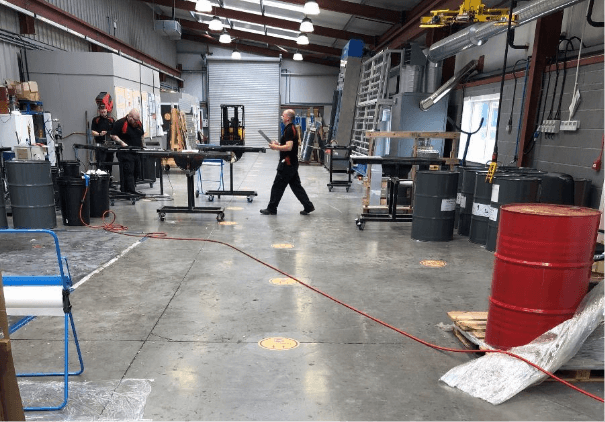
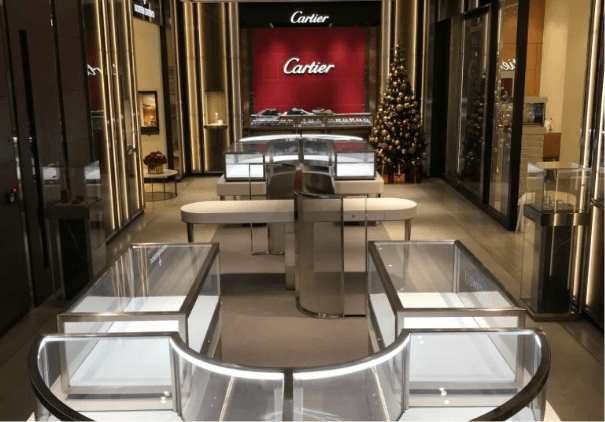
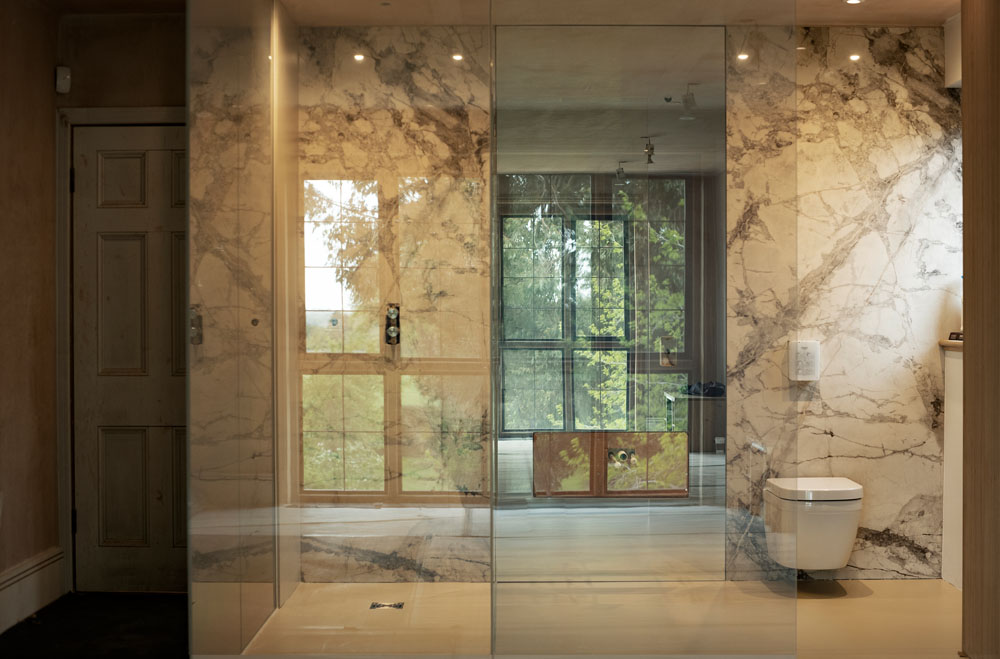
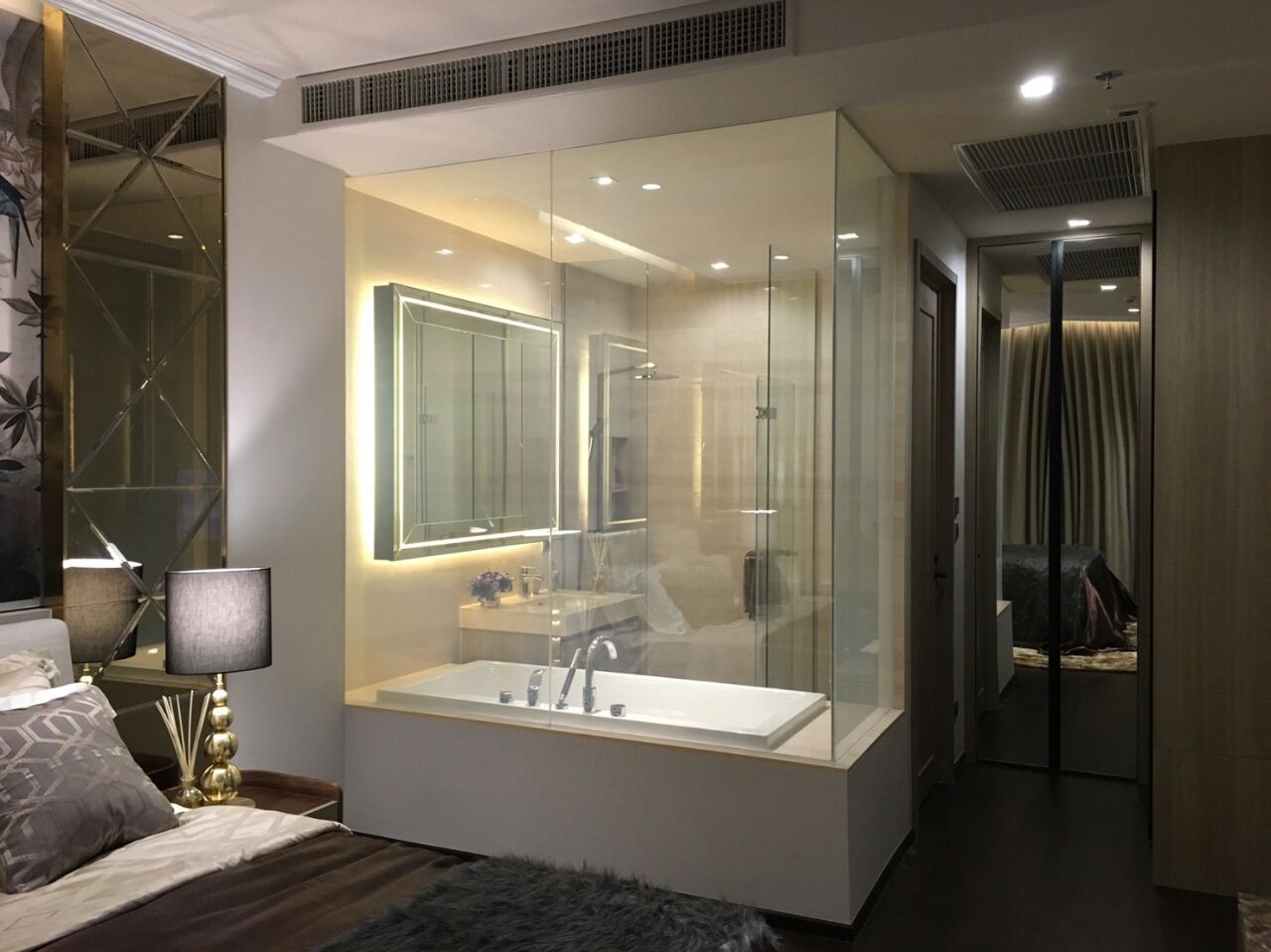
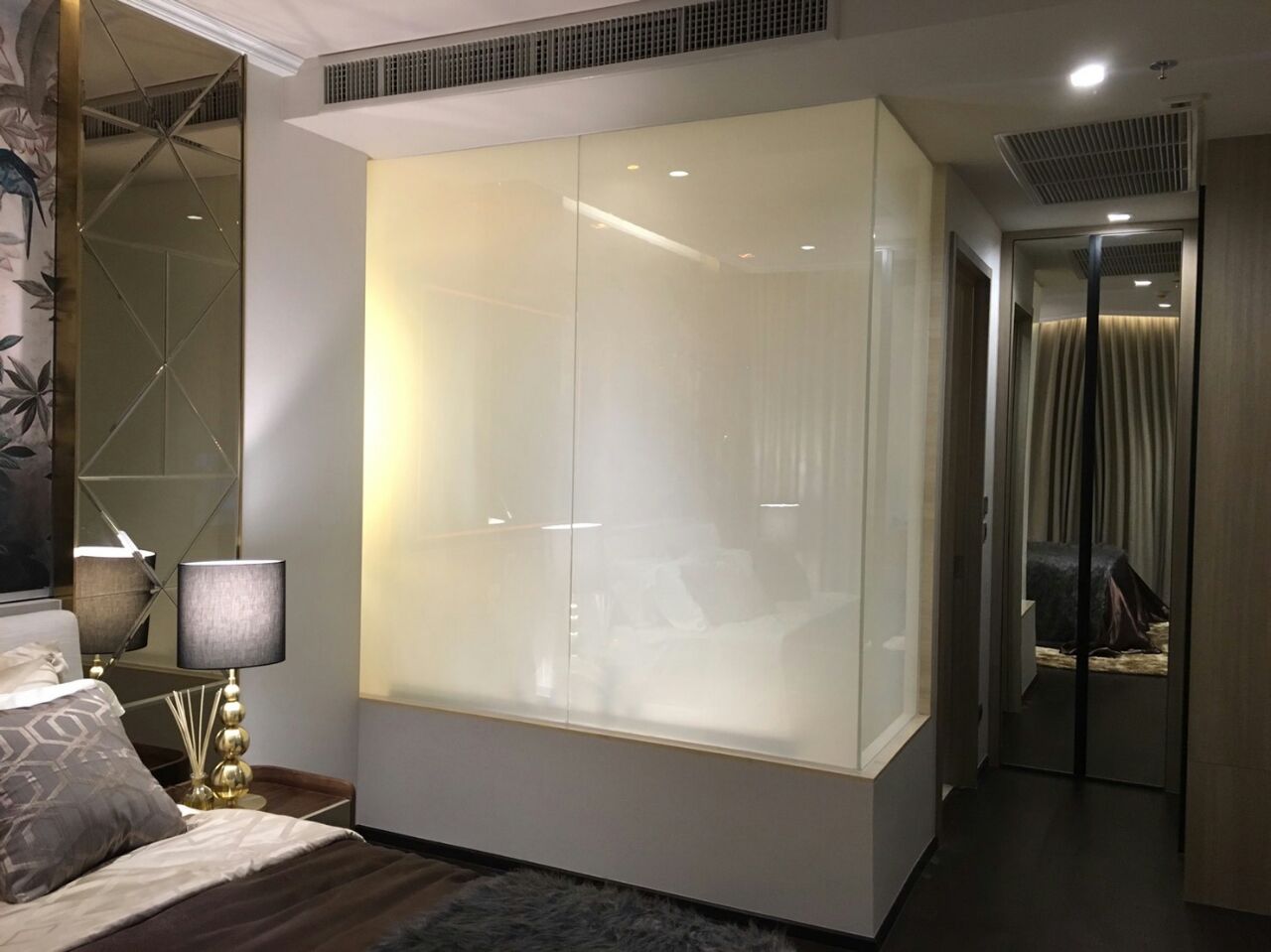
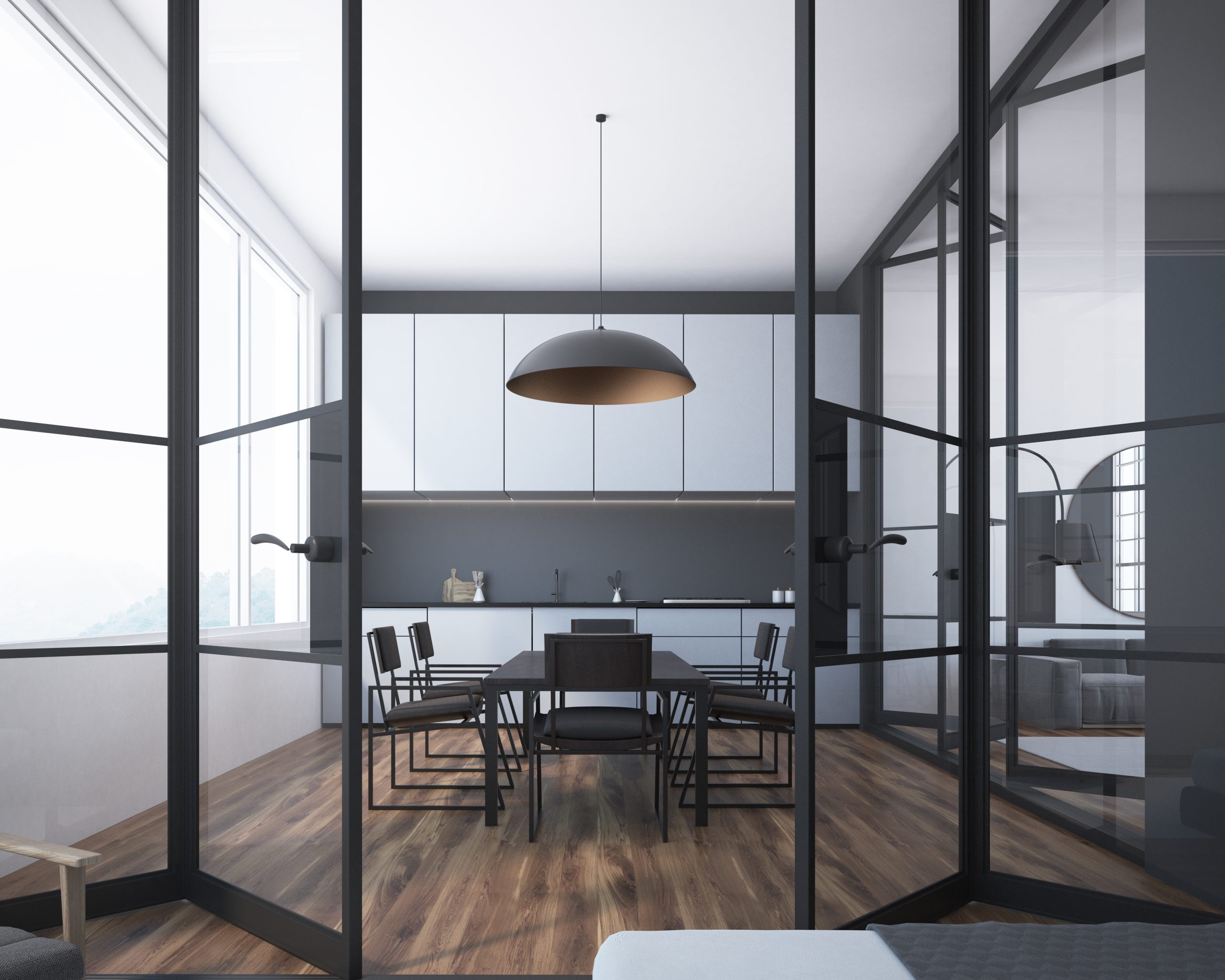
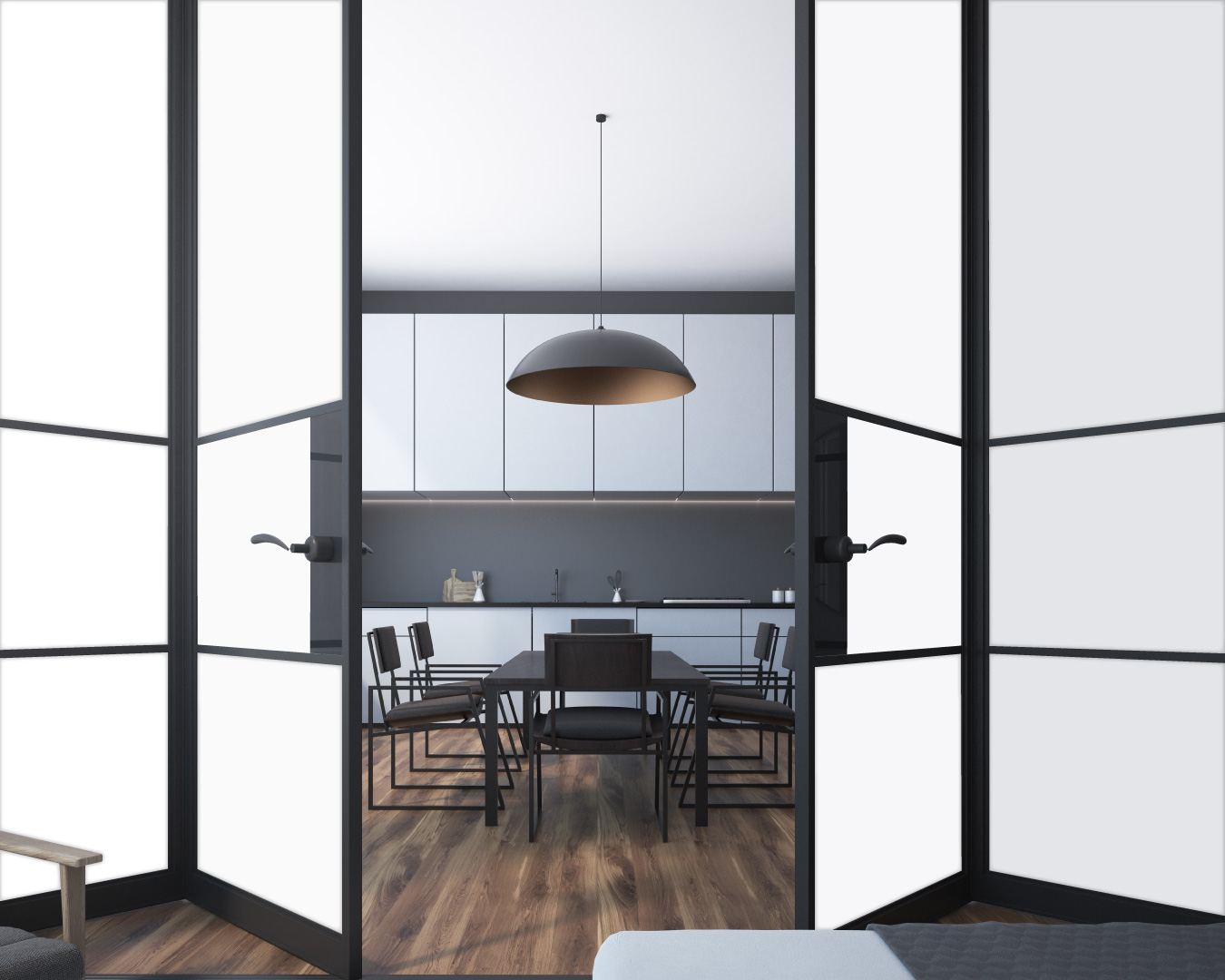
Frequently asked Questions
Our privacy glass works by utilising advanced PDLC (Polymer Dispersed Liquid Crystal) film. When an electrical current is applied, the liquid crystal molecules align, allowing light to pass through, making the glass transparent. When the current is switched off, the molecules mis-align, causing the glass to turn opaque or translucent, providing privacy.
Privacy glass can be used in various applications within medical facilities, including consultation rooms, waiting areas, and operating theatres. However, the specific requirements and privacy considerations of each area should be evaluated before implementing privacy glass.
Yes, privacy film is a cost-effective option that can be applied to existing windows. It provides privacy without the need for complete glass replacement.
Privacy glass requires regular cleaning using appropriate cleaning agents. Following the manufacturer's guidelines for maintenance ensures optimal functionality and longevity.
Privacy glass helps medical facilities comply with regulations regarding patient privacy and data protection. By preventing unauthorised visual access to sensitive areas, privacy glass safeguards patient confidentiality and ensures compliance with legal requirements.




